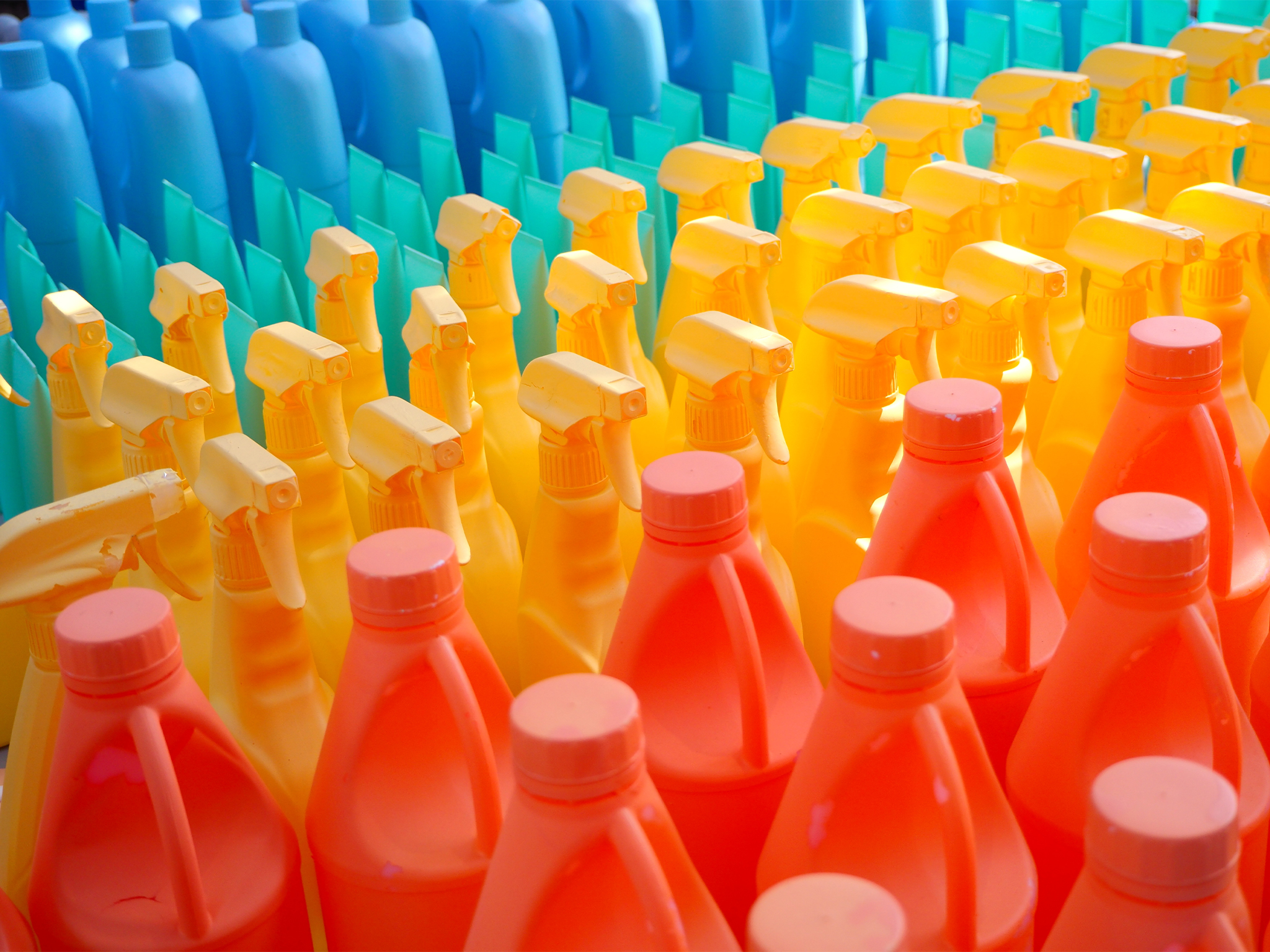Interview
Taxing plastic
Packaging solutions company Lifestyle Packaging’s global head of marketing, Rich Quelch, talks exclusively to Inside Packaging about whether the UK plastic packaging tax, which was introduced on 1 Aprill 2022, will boost sustainability within the sector.

"A
total of 21% of the food & beverage market is expected to be ordered through e-commerce by 2025,” said Ranpak’s cold chain business development manager Anne de Rouw. “At the same time, consumers are looking for sustainable packing solutions and have a less-than-positive unboxing experience when they open a box full of plastic packing materials.”
Inside Packaging’s Jessica Paige spoke with de Rouw to find out more about WrapPak and the cold chain opportunity.

Rich Quelch
What is the UK packaging tax?
UK manufacturers and importers of over 10 tonnes of plastic packaging a year need to pay the tax of GBP200 (US$241.42) per tonne. This applies to any plastic packaging with under 30% recycled content.
Businesses also need to conduct regular due diligence checks to ensure any plastic packaging imported or manufactured does not fall below the 30% threshold or else face fines. This means keeping a record of all checks conducted as well as completing plastic packaging tax returns over the accounting periods if the business is liable to pay the tax.
The ongoing administrative costs of new registrations and returning tax forms are anticipated to have a net burden of GBP0.4m annually. Business customers of these manufacturers and importers, in addition to consumers buying plastic packaging, are also likely to be affected should they choose to pass on the increased costs.
The UK Government claims this cost to the consumer will be negligible, however, cost of living has risen across all areas.
How much money will the plastic packaging tax generate?
The UK Government predicts GBP235m will be raised from the plastic packaging tax between 2022 and 2023. This figure may begin to decline from 2024 as more businesses make the switch to recycled plastic packaging materials and reduce reliance on plastic packaging, dropping to GBP225m by 2025 and GBP210m the following year.
Will the tax increase in future?
While the UK Government has not shared any plans to increase the tax in the future, it would not be unreasonable to expect a hike in tax rates should there be a stalled uptake in businesses switching to recycled plastic packaging.
The Government estimates the tax could inspire a surge in the use of recycled plastic by 40%, saving 200,000 tonnes of carbon in the first year. However, with the price of recycled plastic currently outweighing the costs of the tax, there may not be enough economic incentive to convince businesses to switch to recycled plastic packaging, which could lead to a steeper tax.
Is recycled plastic the answer to the waste crisis?
Simply put, no. Recycling plastic packaging isn’t enough to combat the overproduction of plastic. To make matters worse, just 9% of the world’s plastic gets recycled. In part, this is due to confusion over what can and can’t be recycled and how with only 8% of UK residents believing recycling labels are clear.
Furthermore, with recycled plastic prices reaching an all-time high, jumping 70% in the last year, many businesses will find it more profitable to take the financial hit of the plastic packaging tax rather than make the expensive switch to recycled plastic packaging.
Alternative eco-friendly technologies such as compostable and biodegradable packaging may provide a better solution. Reusable packaging is also a popular option as consumer demand increases for refillable products, which significantly reduces waste.
What products are exempt from the plastic packaging tax?
There are several additional exemptions to the tax that could be relevant when making tax returns. One of these exemptions applies to plastic packaging that is used for human medicinal products so any product used to prevent or treat diseases or make a medical diagnosis.
The guidance from HMRC states that any plastic packaging imported or manufactured for the immediate packaging of licenced human medicinal products is exempt from the tax, with ‘immediate packaging’ defined by HMRC as a container (or another form of packaging) that will be in direct contact with the medicinal product once it is produced and packed.
Plastic packaging that is designed to be an integral part of the goods is also exempt from the tax. These goods need the plastic packaging to be essential to the use or consumption of the product and the packaging should be expected to be discarded once the goods are used. For example, printer cartridges, droppers and pipettes and even the rollerball of roll-on deodorant do not need to be included in tax calculations.
Additionally, plastic packaging that provides long-term storage for a product and can be reused for similar items once the goods have been used are exempt. This may include toolboxes, CD cases and first aid boxes. However, this does not include trays or tubs that store food and other products that once consumed or used, the packaging is discarded.
Who is ultimately responsible for reducing plastic use?
The primary responsibility for tackling the waste crisis should come from governments, however, the manufacturers of plastic packaging, the businesses that rely on it for their products, and consumers can all certainly do their part to help reduce plastic reliance.
The fact is customers set the tone for consumer trends – when enough customers start walking away from brands that don’t share their values, businesses will
take note.
Challenging brands on their packaging choices is key to making a change and demanding better options. But until consumers put their money where their mouth is, little will be done to make an active change.